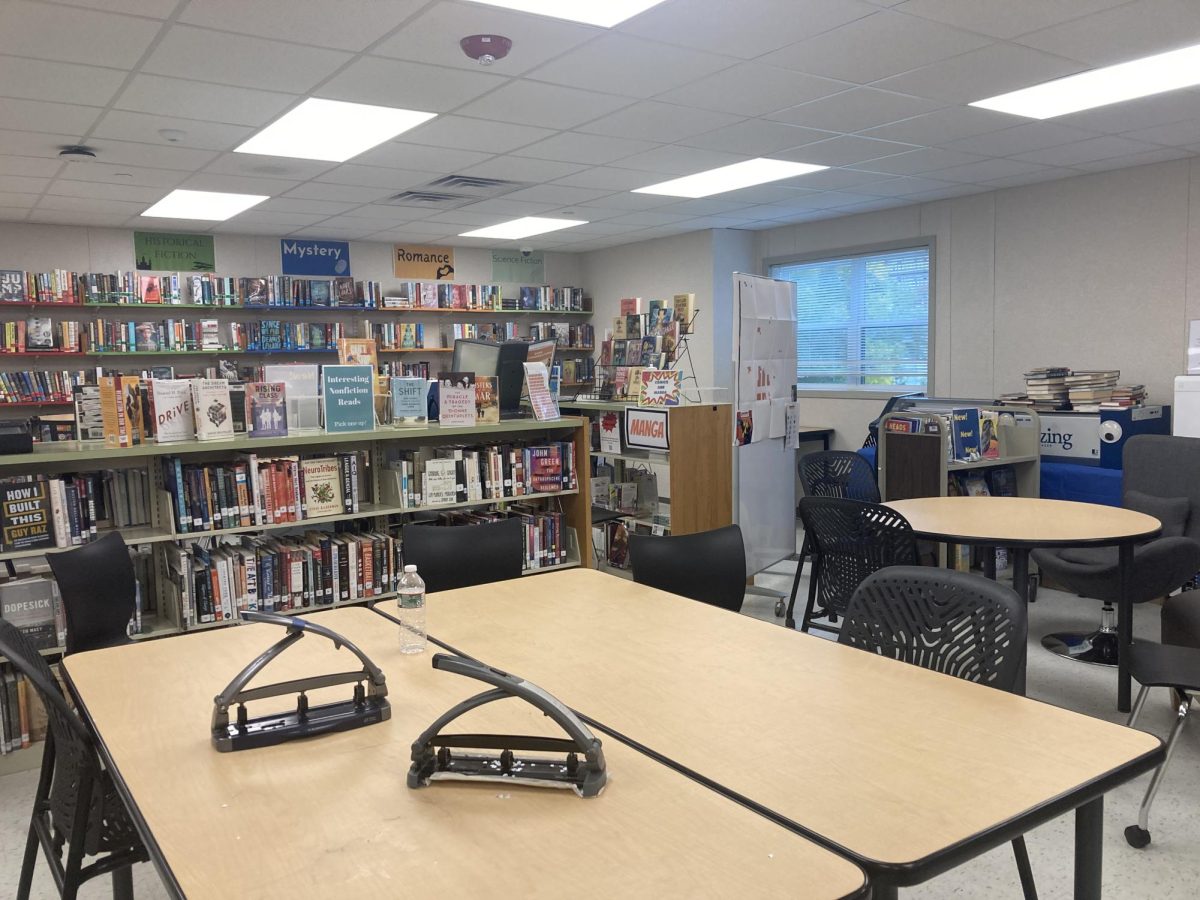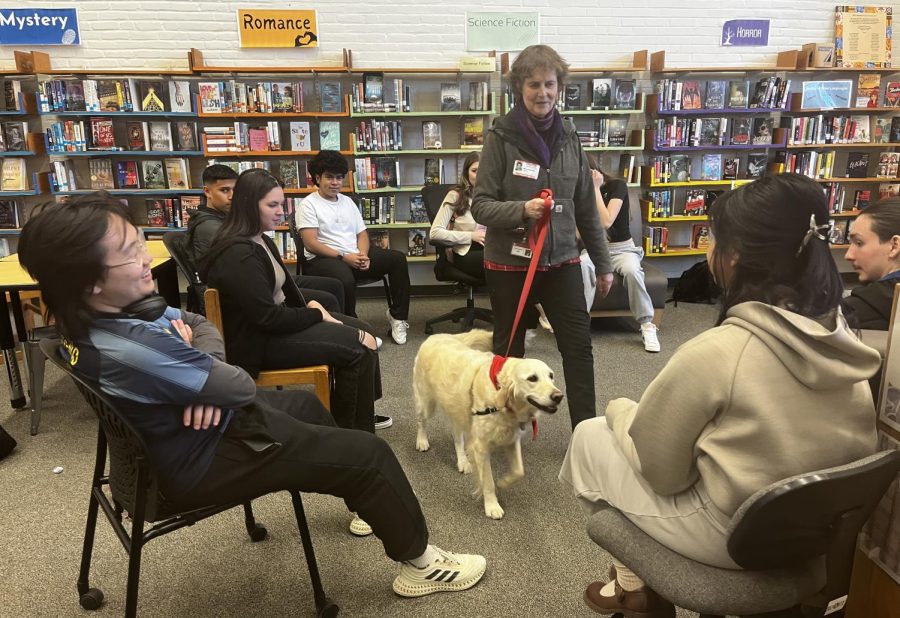TIME FOR CHANGE? Parents, teachers discuss options at community hearing
October 23, 2017
(One in a series about changing the start times for Watertown schools in 2018-19)
On Tuesday, Sept. 26, 2017, a group of parents and teachers attended a meeting to debate the best course of action regarding later start times for Watertown students in the school year of 2018-2019.
There were a great representation of people who showed up at Watertown High for the meeting, teachers and parents alike.
Before the meeting began, Lily Rayman-Read, who is currently running for the School Committee, said that looking into a later start time was beneficial for student learning. She strongly believes that it is a good idea to change the time, but was open to a different path if the data proved otherwise.
Among those at the audience was Linda Tracy, who is a parent, a member of the Watertown High faculty, and who worked on the task force looking at later start times. She was all for the later start times, but was certainly open to changing her opinion.
Mary Beth Allen was also strongly in favor of the school day starting later. She is a parent and expressed very adamantly that she would not change her opinion.
The meeting was lead by Dede Galdston, who is the new superintendent of Watertown schools. She began to give some information on what was going on. The Wellness Committee had already been debating this for some time. It had looked into health benefits and overall learning in schools where they had employed a later start time and found them to be claiming students can focus better and show better test results than before the change.
The committee found things like how it is difficult for teachers to teach a first-period class because the students are all still out of it. The committee also found that around 8:30 and later is the sweet spot for an adolescent brain to begin doing work and learning. It found that getting more sleep can lead to students who were less depressed, anxiety ridden, and suicidal.
One thing that the committee wants to change for the next school year is a normalizing of the elementary school start times so they are all the same. There are also benefits to having a later start at WHS and having it closer to the elementary start time, making it so a whole family can eat together in the morning, for example. Having a start time later also means a later end time, which gives less after-school supervised time, and for some students, less extended-day time.
During the meeting, the audience was shown different scenarios for what could be employed for the next school year. One was to have an 8:15 a.m. start for all the elementary schools.
There were many pros to this idea, such as making it so there was less extended-day time and making it easier for families in the mornings. There was also the fact that it could affect older students dropping off the younger ones to school, but overall it was seen as a good change.
Another scenario was to keep everything the same. This idea was not taken as well as other suggestions.
There were numerous drawbacks that are affecting students now. It affects students eating breakfast, since many students will come to school without eating a healthy and wholesome meal. Having an earlier start means that school will end earlier, it can be difficult for parents to pick up students in the early afternoon. It is also difficult for teachers to teach first-period classes and for students to take in information and learn during first period, as it is so early.
The last scenario was having the middle school and high school start at 8:30.
This is good for some of the reasons mentioned above, like having less students with anxiety and depression. There is also leaving time in the morning for breakfast, family, and regular things you may not get time to do. Students will also be more alert in class.
There are also some things to consider, like a later dismissal affecting after-school jobs, athletics scheduling and travel times for student-athletes.
With all these opinions and facts, the school community, faculty and parents alike, are working to devise the best way to help the students of Watertown in the years to come.
–Oct. 23, 2017–


















